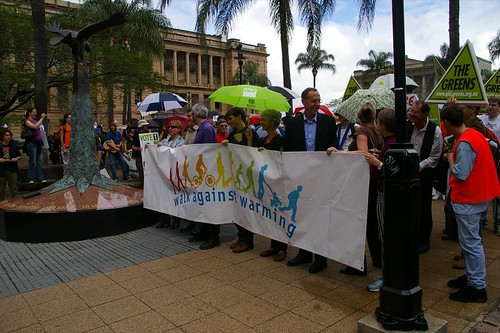I can certainly testify to there being an overkill in street lighting around where I live, which isn't on a main road, but it has bright orange lights every 30 to 40 meters. A tremendous amount of light and why? Surely either halving each bulb's capacity, as this story suggests is being done, or turning off every 2nd light would provide us with all the light that is necessary. What a better way to educate the public about the need to reduce energy consumption than changing the most visible sign of energy wastage in the streets of our cities.
http://driving.timesonline.co.uk/article/0,,22749-2541089,00.html
Devon could become England’s darkest county if plans to turn off street lights to save energy are approved.
Thousands of lights could be dimmed, or removed, to help to combat global warming.
A light-dimming trial is under way in one street in Exeter and the council also plans to remove non-essential lights and signs, install dimmable bulbs and turn off lights at night. It will also switch about 2,800 of 3,800 250watt bulbs to 150watt bulbs to save nearly 500 tonnes of carbon dioxide a year. The council said that the £6,750,000 cost of the project would be offset over 12 to 19 years by energy savings.
Lester Willmington, the head of highways management, said that the council had been working with the police over road safety and assessing areas with low levels of crime at night. Maurice Spurway, of Friends of the Earth in Exeter, said: “There is clearly a lot of scope for energy reductions.”
Martyn Rogers, of Age Concern Exeter, said: “There are issues for older people on being safe on the streets and going out after dark.”
Ronald Higgs, who has lived for 38 years in the Exeter street where the trial is going on, said: “I would be in favour of anything that diminishes lights that aren’t necessary.”
Read the article.





No comments:
Post a Comment